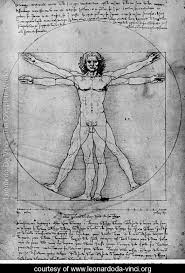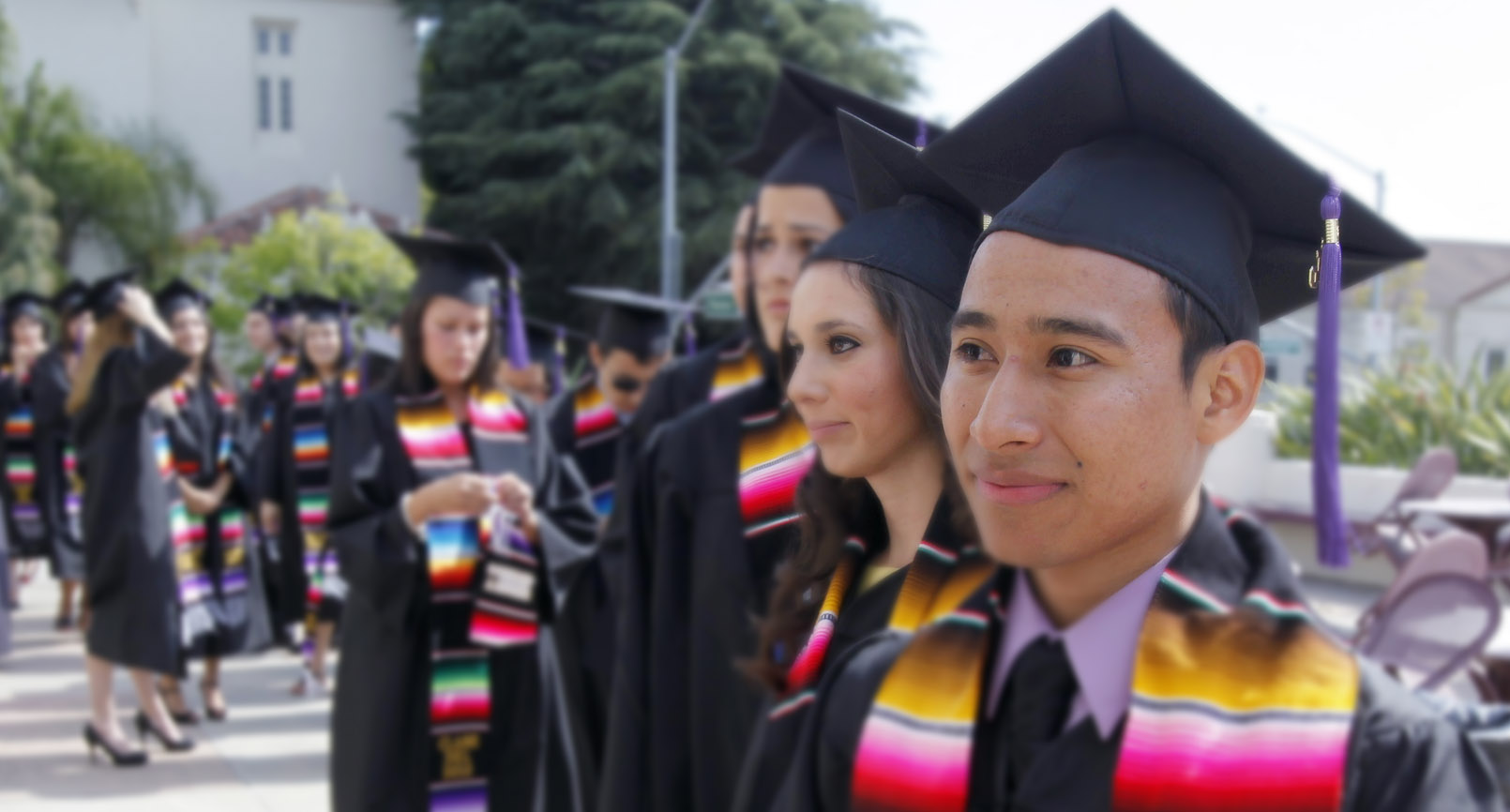By Nathan Li
As Steve Jobs was introducing the iPad 2 in March 2011, he summarized the success behind Apple this way: “It is in Apple’s DNA that technology alone is not enough – it’s technology married with liberal arts, married with the humanities, that yields us the results that make our heart sing.” He insisted that humanity’s greatest achievements and innovations came from the combination of science and arts – stronger together than individually.

These same virtues are instilled in America’s education system today – a mandatory core curriculum requiring all high school students to take classes on various subjects including mathematics, literature, history, and the sciences. By introducing students to different fields of interest, schools hope that they are gaining exposure to a wide variety of subjects. Critics of our nation’s current education system, however, believe that the traditional set of mandatory core classes are outdated.
So-called reformers argue that today’s education system limits a student’s creativity and inhibits the right to free expression. They argue that students should have the right to exercise freedom of choice and, to facilitate this, schools should allow students to choose classes they are interested in. This would spare students from “useless, difficult subjects” that wouldn’t be of any use in their future careers. Andrew Hacker, co-author of “Higher Education? How Colleges Are Wasting Our Money and Failing Our Kids – and What We Can Do About It,” argues that our education system should only revolve around students’ future career goals and that anything else is just “depleting our pool of brainpower” and “misdirecting [our] precious resources.”
However, critics like Hacker miss the point of a high school education. High school isn’t necessarily about retaining the information taught, but rather retaining the process it took to learn that information. It’s where students “learn how to learn,” and develop important skill sets including fundamental critical and analytical thinking, good study habits, and other core academic abilities which they then utilize when moving on to postsecondary schooling.
In a few years, or even months, students won’t remember things like half-angle identities or the fact that colonial French exports included otter pelts – but that’s not the point. The objective of learning these seemingly “useless” facts is to practice the application of learning. A core curriculum including math, literature, science, and history is crucial because the processes students undertake to successfully complete these courses also provide the challenges of logical thinking and problem solving.
Experts in urban school reform Melissa Roderick, Jenny Nagaoka, and Vanessa Coca argue in their paper College Readiness for All: The Challenge for Urban High Schools “what is essential is not taking a specific set of college-preparatory courses, but engaging in coursework that develops the knowledge, skills, and habits of mind required for success in postsecondary schooling.”
They say, “the distinction between core academic skills and content knowledge can be subtle.” “Core academic skills,” they explain “such as writing and analytic thinking, are not subject-specific, but rather allow students to engage in work in a range of disciplines.” Meanwhile, content knowledge is fundamental to understanding specific subject areas such as “different literary techniques in the field of English.” While it is important that students learn new information across all disciplines, the end goal for most of these classes is simply to build core academic skills.
Another inherent problem with a schedule that limits a student’s education to a specific field is that young people don’t know what they want for a career yet. The innocent question, “what do you want to be when you grow up” turns out to be an extremely ironic one as it takes many years for students to really know what they want to do for a career. According to Dr. Fritz Grupe, a professor from the University of Nevada, Reno and founder of the website My Majors.com, up to “80 percent of college-bound students have yet to choose a major” and 50 percent of students who do declare a major “change up to two or three times during their college years.” “The key,” according to Grupe, “is helping students – preferably while still in high school – identify those areas of study best suited for them before the college tuition clock ever starts ticking.” Disregarding entire classes and basing a high school education period on a specific field is a high risk and extremely limiting. Making a student jump into a field of study before knowing whether he or she even wants to pursue a certain major is not necessarily the best option.
In addition, critics argue that some current core classes play no role in a majority of the careers offered. They argue that subjects such as literature and history have no purpose for scientists or engineers or that calculus has no role in the career of a lawyer. Dr. Loretta Jackson-Hayes, an associate professor at Rhodes College, sees it differently. She argues that “our culture has drawn an artificial line between art and science.”

Dr. Jackson-Hayes is quick to point out that such boundaries did not exist for innovators like Leonardo da Vinci who studied various passions which ultimately “helped him triumph in both art and science.” Mark Turner, professor of cognitive science at Case Western Reserve University, reveals that many of our brightest scientists and engineers read literature because “literary works are the most refined and complex versions of our natural way of thinking.” Troy Camplin, the author of “Diaphysics,” argues that literature “helps stimulate creativity” and enables people to recognize “patterns and connections,” both of which are “vital to scientific discovery.” Camplin reveals that specialists who only associate themselves with the work in their particular field typically engage in “uncreative group think.” This approach will play a detrimental role in our technology-driven society that constantly demands innovation and insightful creations.
An education system based on a core curriculum gives students a complete and whole education, enabling them to freely explore many different areas of study, while also teaching them life-long learning skills. “Education,” as astrophysicist Rob Knop once said, “should be training people to be members of civilization, not employees.” A high school education that is solely focused on a field of study and that ignores other core classes with no obvious “job relevance” should not be passed off as an education at all.


